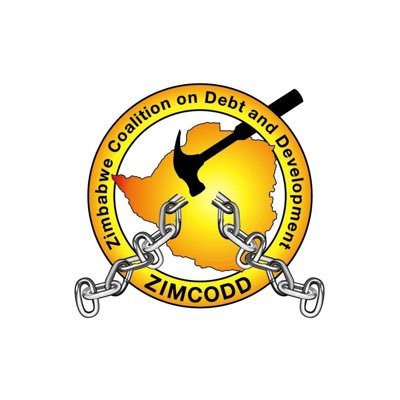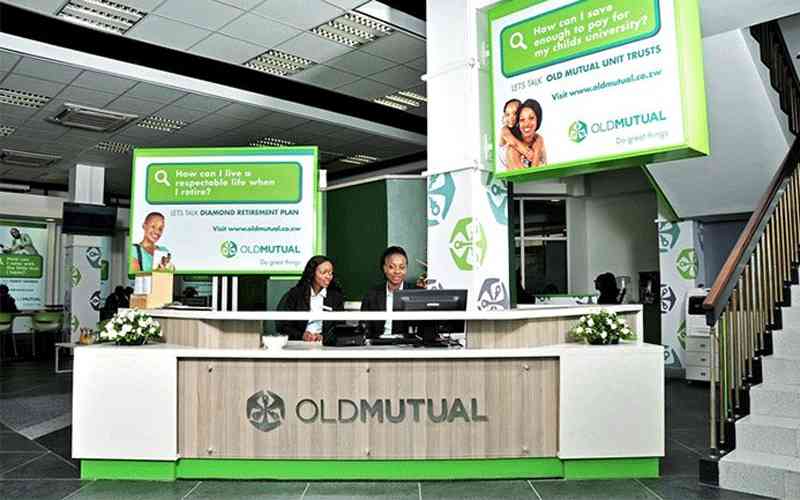
MTHANDAZO NYONI THE Zimbabwe Coalition for Debt and Development (Zimcodd) says Zimbabwe’s public and publicly-guaranteed (PPG) debt, at about US$14,2 billion, has reached unsustainable levels.
In a report released last week, Zimcodd said at that level, the debt has breached 70% of the country’s gross domestic product, and was working against resource mobilisation efforts.
Zimbabwe is facing a huge debt burden with statistics released by Treasury through the 2022 National Budget showing that total PPG debt stood at US$13,7 billion as of September 2021, up 30,5% from US$10,5 billion recorded as of December 2020.
The jump in PPG debt was attributed by the assumption of Reserve Bank of Zimbabwe (RBZ) legacy (blocked funds) debts by the state to the tune of US$3,3 billion.
In January 2022, the government revealed that it was assuming US$3,8 billion of blocked funds, which RBZ owes to 855 firms that failed to repatriate their funds abroad due to an acute shortage of foreign currency.
The problem has been ongoing since 2019 when Zimbabwe changed currencies, bringing back the domestic currency to end a decade of a multi-currency regime.
This means that the total PPG as of January 2022 amounted to US$14,2 billion, with RBZ related debt alone of US$5,54 billion, according to the report compiled by Zimcodd.
“Therefore, there is an urgent need for the government to find sustainable ways to curb skyrocketing public debt which is driven partly by the government’s continued assumption of RBZ debts,” Zimcodd’s report reads in part.
- Chamisa under fire over US$120K donation
- Mavhunga puts DeMbare into Chibuku quarterfinals
- Pension funds bet on Cabora Bassa oilfields
- Councils defy govt fire tender directive
Keep Reading
“The PPG debt is now insurmountable as it breaches the 70% threshold set in the Public Debt Management Act, as well as the 60% threshold, agreed in the Southern African Development Community macroeconomic convergence targets.”
Zimcodd said the debt burden was crippling domestic resource mobilisation, a good alternative to external borrowing.
It said the government was now relying on the imposition of highly regressive taxes where the rich are not contributing their fair share, hence widening income inequalities.











